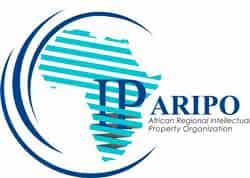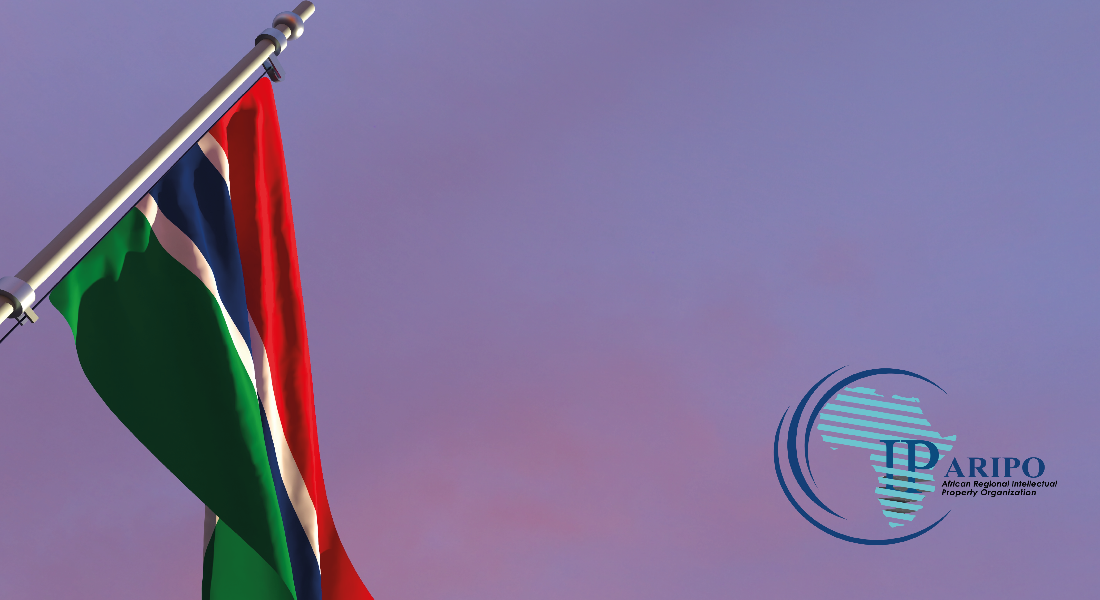Paths to protection
Ways to protect your invention
Patents are a way of protecting your inventions. By filing a successful patent you will be awarded a monopoly to exploit your invention for a period of time.
National Patents are the most effective way of defending your invention if you only require protection in a single jurisdiction. If this is not enough for your needs, this country has signed international agreements on patents, which facilitate their internationalization:

ARIPO
Allows for a single patent application to be effective across its designated members states

PCT (Patent Cooperation Treaty)
The PCT system allows simplified international patent applications which in turn eases national filings.
Additional Information
Discuss your Intellectual Property Protection strategy with us
If you need to protect your Intellectual Property abroad, through our Global Network of offices and associates, we can make your Intellectual Property assets expand to every nation you desire, ensuring full legal protection of your rights.
If you have further questions, we would be delighted to schedule a conference call and answer any questions you may have.
Schedule Conference CallGambia
Patent Details and Timeframes
Priority claim
Available
Substantive Examination
Available
Body responsible for non-use cancellations
Court
Time until registration
3 years
Opposition Period
3 months
Use Requirement Period
4 years
National Filing Requirements
Application Requirements
- Power of attorney, simply signed.
- Copy of priority document (if applicable).
- Patent title, abstract, description, claims and drawings.
- Deed of Assignment.
- Certified copy of the priority document, with a verified English translation.
Renewal Requirements
- Power of attorney, simply signed.
Assignment Requirements
- Power of attorney, simply signed.
- Deed of assignment, simply signed by the assignor and the assignee.
- Deed of assignment, simply signed, with a verified English translation..
Change of Name Requirements
- Power of attorney, simply signed.
- Certificate of change of name, with verified English translation.
Change of Address Requirements
- Power of attorney, simply signed.
- Certificate of change of address, with verified English translation.
License Requirements
- Power of attorney, simply signed.
- License agreement, with verified English translation.
PCT Filing
Application Requirements
- Power of attorney, simply signed.
- Copy of priority document (if applicable).
- Patent title, abstract, description, claims and drawings.
- Deed of Assignment.
- International Publication.
- International search report.
Renewal Requirements
- Power of attorney, simply signed.
Assignment Requirements
- Power of attorney, simply signed.
- Deed of assignment, simply signed by the assignor and the assignee.
Change of Name Requirements
- Power of attorney, simply signed.
- Certificate of change of name.
Change of Address Requirements
- Power of attorney, simply signed.
- Certificate of change of address.
License Requirements
- Power of attorney, simply signed.
- License agreement.
Latest news


